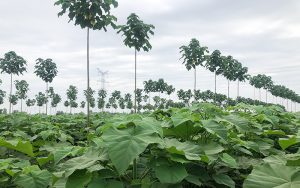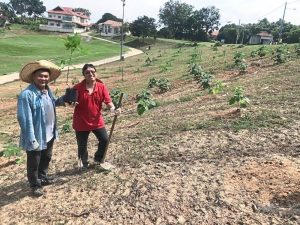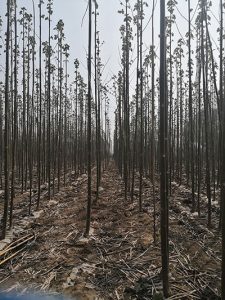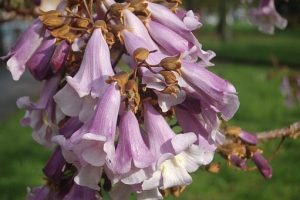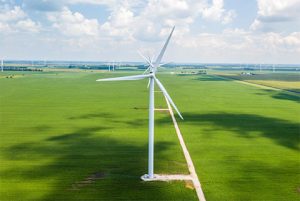Abang Johari encourages rural folk in Sarawak to plant RevoTropix Paulownia trees
KUCHING (Nov 18): Rural folk in Sarawak are encouraged to plant RevoTropix Paulownia (RT-Paulownia) trees, a local-bred Paulownia variant, which can grow well in local soil and comes with fast-growing properties, said Datuk Patinggi Tan Sri Abang Johari Tun Openg.
According to the chief minister, the RT-Paulownia trees can be harvested three to four years from they are first planted and these trees come with a lot of benefits.
“RT-Paulownia is a fast-growing tree. These trees can be planted in degraded forests. If we look at the leaves (of Paulownia), they are wide, and so the absorption of carbon dioxide is great.
“Not only can the trees be made into products such as furniture but the leaves can be used for animal feed too. This will be good for the agriculture sector especially for cattle rearing.
“The leaves, if crushed, can become another fertiliser, organic fertiliser for plants,” he told a news conference after visiting TSG Green Sdn Bhd’s RT-Paulownia plant cloning laboratory at Titanium Tower, Brighton Square at Jalan Song here today.
Abang Johari congratulated TSG Green for exploring new technology in Sarawak, saying RT-Paulownia trees are light and the price of such timber would not be too high.
“It will be good for affordable housing to use this timber and it is sustainable,” he said, adding that these trees are suitable for forest plantation programme as well as environmental sustainability.
Earlier, TSG Green founder and executive chairman Datuk Chris Chung said they were the first company to set up an RT-Paulownia laboratory in the state.
“Our lab specialises in cultivating tissue cultures, to produce RT-Paulownia clones. These clones, once planted, will go on to become RT-Paulownia trees.
“This unique species of tree, also known as the Empress tree, or the Kiri tree in Japan, has many possibilities. Being a local-bred variant, it has adapted to our tropical climate,” he said.
According to Chung, RT-Paulownia is one of the fastest-growing trees in the world, and produces high quality timber with fine grain.
He said they could grow up to 50 feet tall, and be harvested as early as three years from planting.
“The balance tree stump is able to regenerate, up to six cycles,” he said, adding that this variant will not cause any adverse impact on Sarawak’s existing forestry systems.
He noted that the federal government will be introducing economical instruments such as carbon pricing and carbon tax under the 12th Malaysia Plan in its efforts to achieve carbon neutral status by 2050.
“The RT-Paulownia tree is a truly feasible way of making a positive impact on climate change. It is recognised as a carbon sink, and is able to efficiently and effectively, absorb greenhouse gases.”
Chung said on average, RT-Paulownia tress planted in one acre of land can absorb 103 metric tonnes of carbon dioxide from the atmosphere, per annum.
He added that this is 10 times more than what most tree species can absorb, ranging from 1.1 to 9.5 metric tonnes of carbon dioxide, per annum.
“RT-Paulownia wood is considered a lightweight timber under the hardwood category. It has high durability, and strength to weight ratio.
“It has a high flash point, is resistant to moisture, and has low energy conductivity. As a result, it is not prone to shrinking and swelling,” he pointed out.
He said these remarkable qualities made RT-Paulownia wood ideal for the downstream segment, from building materials, including sawn timber and plywood, to interior decoration, furniture, fire door panels, musical instruments, and water sports materials, and many more possibilities.
“The fine grain and wide appeal of RT-Paulownia give rise to potential international markets such as Japan, Korea, North America, Europe and Australia,” he added.
Chung said TSG Green is hopeful of making a meaningful contribution to the state government’s initiative, of planting 35 million trees by 2025.
“We aspire to, perhaps 10 per cent of the Licensed Planted Forest lands, to be planted with RT-Paulownia trees. Our tissue culture lab is ready to produce 3.6 million RT-Paulownia plants in the next two years, and more with our ever increasing capacity,” he added.
Among those present was Assistant Minister for Urban Development and Resources Datu Len Talif Salleh.
From the borneo post

